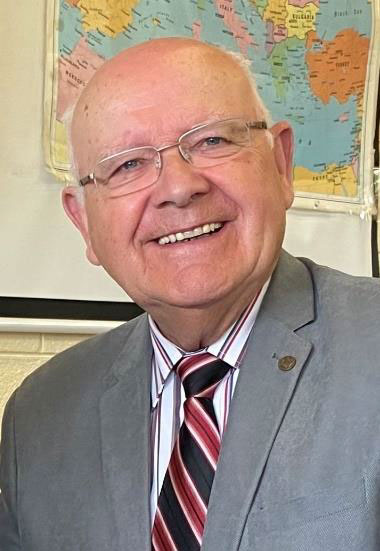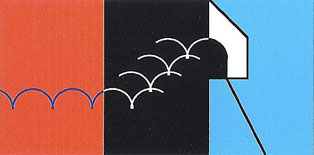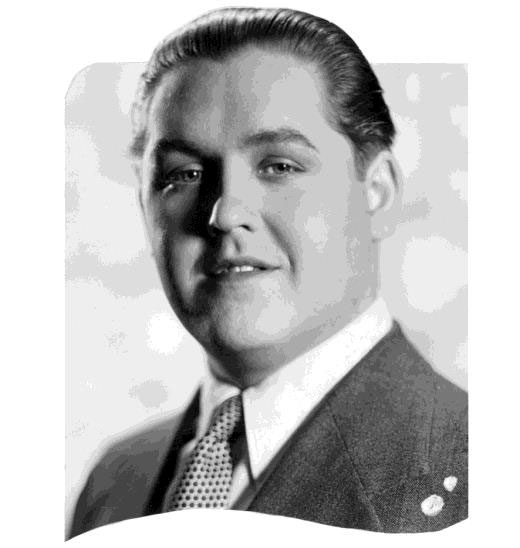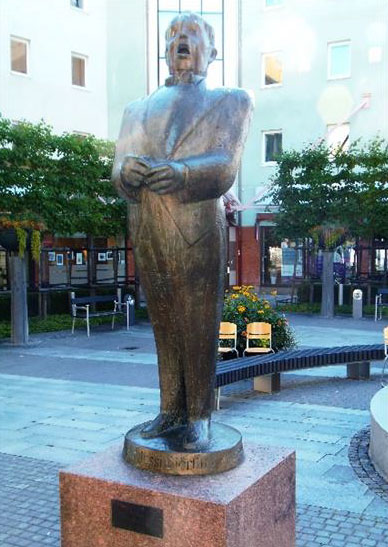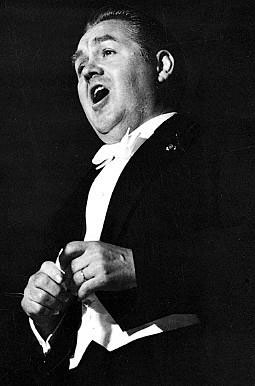Each year in the weeks leading up to Christmas, on RTE Radio 1, Ronan Collins plays the Christmas carol, “O Holy Night” sung by various singers from pop to classical. On the classical side the most popular rendition is by Jussi Björling even though it is not sung in English or the language of its composer Adolphe Adam, French, but in Jussi Björling’s own tongue Swedish. It is a powerful ringing rendition but never forced.
Jussi Björling was a remarkable musical artist for a number of reasons. He was born in 1911 but was dead before his 50th birthday and yet he had a recording career of over 40 years. He inherited a musical gene from both his parents and which he shared with his 3 brothers and passed on to his children.
Tragically, Björling lost his mother when he was 8 and 6 years later, he and his brothers were orphans following the sudden death of their father.
He battled with heart disease and the demon drink leaving a number of skeletons in the cupboard some no doubt true, some with a grain of truth and some downright false.
Generally, he led a simple life unaffected by fame or wealth. He spent most of his holiday time with his family on the small island of Siarö in the Stockholm archipelago.
He possessed a glorious Italianate tenor voice yet he was born of true Swedish stock. Universally admired for the high quality of his live and recorded legacy his voice changed little even after it ‘broke’ from boy alto to tenor. He sang professionally with his father, his brothers, his wife and all the internationally renowned singers of the day in all the great opera houses and concert halls around the world including Ireland. Superbly schooled it had a tremendous range over four octaves, a beautiful lyrical tone which he could spin out with breath taking control. He was regarded as the finest tenor of his day an honour he disliked but had to accept when compared with his contemporaries such as Gigli and di Stefano, by the renowned pianist Ivor Newton. He was principally an operatic tenor with a repertoire of the lead role in 32 Italian and French operas which he could perform at a moment’s notice.
His career was principally played out in his native Sweden and America. He did an afternoon recital in Dublin while his wife went shopping for quality Irish tweed, so the papers said!
He made records in the pre-electric (1924) era right up to the stereo age in 1960. It is a voice to cherish.
